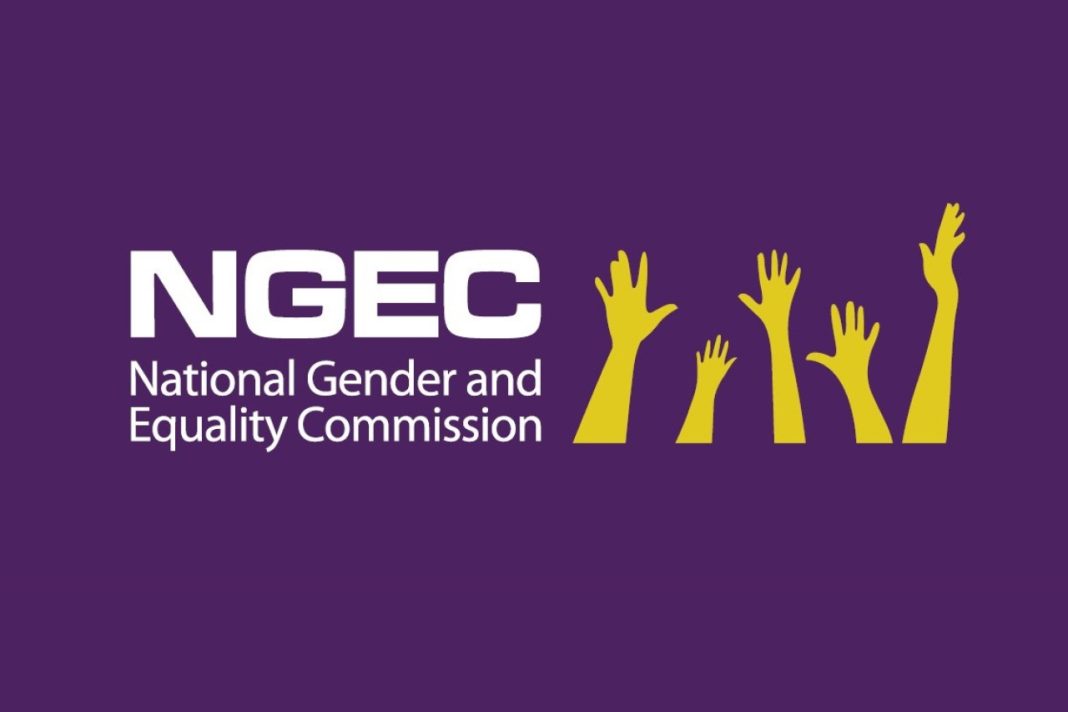By Billy Mijungu
As Kenyans, we take great pride in electing our representatives, and I firmly believe that the “first-past-the-post” electoral system still serves us well. It keeps our politics competitive and ensures accountability, as every leader is challenged by strong opposition on the ground. However, it is time to consider a system that ensures stability and prevents national crises fueled by leadership conflicts—like what we are witnessing now.
The Bomas Draft Constitution offered Kenya an ideal system of governance. The proposal for a popularly elected president to delegate executive powers to a prime minister as head of government was a significant step toward addressing our political needs. What ultimately derailed this idea was the notion that a ceremonial president without significant executive authority could satisfy Kenyans’. The Country had a preference for combining the roles of head of state and head of government, which we can still do under a South African model of a Parliamentary system cascaded to Counties.
But as we have seen, this fusion of powers has not worked as smoothly as many had hoped. Deputy President Gachagua’s impeachment saga has revealed critical flaws in our system. The conflicts within the presidency are pulling the country into unnecessary chaos. This brings me to the idea of a parliamentary system, modeled after the one in South Africa, where the president is not directly elected by the people but chosen by MPs from the majority party. Such a system eliminates the friction at the executive level, which is now consuming the country.
In a parliamentary setup, the president would be directly accountable to Parliament, fostering stronger oversight. Additionally, ministers should be drawn from both the National Assembly and the Senate, ensuring that the executive remains directly connected to the people through their elected representatives. This approach would also be more cost-effective than our current, purely presidential system, which centralizes power in a way that fosters conflict and inefficiency.
At the county level, adopting this system could help lower tensions and reduce the conflict-prone nature of gubernatorial and presidential campaigns. The heightened stakes in these elections often exacerbate divisions, and a parliamentary system could diffuse some of that tension by decentralizing executive power.
Ruto and Raila, the real gift you can offer Kenyans by 2032 is the legacy of stability and accountability. A parliamentary system is that gift. Our current presidential system is slowly eroding our national cohesion, and unless we shift course, it may prove to be our undoing.
The time for change is now. Let us not wait for the next crisis to force our hand.
The author is a political analyst and commentator on Kenyan politics and 2022 Senate Candidate for Migori County
Facebook X Instagram TikTok LinkedIn
@BilyMijungu




